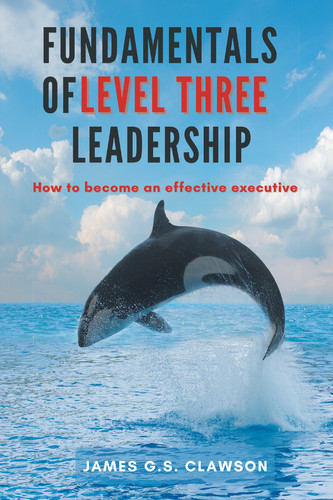141. Tangible Financial Results
Concept
Most executives seem to behave the core VABE of maximizing profits. In fact, most business schools teach the importance of the core capitalist principle of maximizing profits. This, people say, is why investors give their capital to the corporation—to maximize their returns on their investments. Even when I ask “What is the purpose of your company?” the most common answer is, “Are you nuts? To maximize profits of course.” And usually, they mean maximizing short-term profits that raise the share price, delight their investors, and guarantee rewards from their performance contracts.
As we near the end of our time together (on first reading anyway), I invite you to consider the proposition that maximizing profits in today’s world is a defunct and in fact morally bankrupt VABE. The alternative is maximizing sustainable profits.
By sustainable profits I mean profits that respect and protect rather than abuse the Commons. By Commons I mean air, water, soil, flora, fauna, and the underprivileged—the things we all share regardless of where we live and in what level of congregation. Historically, business in general has sought to maximize profits at the expense of the Commons— by dumping into the air, the water, the soil, by choosing profits over flora and fauna and the well-being of the underprivileged.
The world is slowly turning in this direction as we debate the consequences of global warming, over-flowing landfills, the hundreds of millions of tons of plastics being dumped into the oceanfills, the destruction of flora that feed the atmosphere and our lungs, the fishing and hunting to near extinction, and widespread poverty and homelessness that plague various cities, regions, and countries in the world. The debate rages about whether it’s too late or whether we should do anything different. Conservatives, in general, oddly tend to favor maximizing profits at the expense of conservation. One might think that conservatives would be in favor of saving the world and liberals would be more in favor of economic freedoms, but it’s the opposite.
It seems to me that every person, every family, every company, every country throughout the globe share a responsibility of citizenship to protect and not abuse the Commons. Ethicists often talk about the tragedy of the Commons, the notion that people, companies, and nations just don’t care about the Commons, at least not as much as they do about maximizing profits and minimizing costs.
Consider recycling. What if corporations were responsible for the end-of-life recycling of their products and packaging? Imagine how changes in product design and packaging design and materials would blossom. Now, those considerations are out of mind as too expensive.
With regard to the underprivileged, every society decides what it will do with those born with severe birth defects, mental illness, and absent parents. No one can say “they chose their lot” as some do with the poor. In a society, who if anyone, should care for these unfortunate souls? One billionaire said to me, “Put them on the hillside with the predators, like the Indians did.” Hmmm. Every society makes those decisions and world wide we have starvation, homelessness, and illiteracy issues.
So, can you trace the red threads in the diagram below from intangible asset pools right through to tangible profits in your organization? If not, perhaps expensive decisions are being made without an awareness of the linkages we have described.
Example
I have mentioned earlier the example of the Japanese auto industry shipping 10-year-old cars to Central Africa where they pile up when they die. India has a ship breaking industry in which rusting out old freighters are driven up on shore and then cut to pieces for scrap by barefoot workers. Brazil and many other countries have homeless people who live off of the trash deposited in landfills. China’s two main rivers dump 300 million tons of plastic each into the Pacific Ocean. The debates over fracking continuing in the United States along with the arguments about drilling in wildlife refuges and off-shore sites. Meanwhile, several companies are mapping the ocean floor in the Pacific and dredging there, digging up five feet of sludge looking for precious metals. And the Japanese continue to hunt whales, while New England cod and sword fishermen have been so successful as to destroy their own industries.

Source: Adapted from Strategy Maps, Kaplan & Norton, HBRP, 2004
Challenge
1. What do you think about the maximizing profit VABE?
2. What do you think about the responsibility, if any, of individuals, companies, and nations with regard to the Commons?
3. What do you think Adam Smith meant when he noted that capitalism relied on men of good character?
4. What’s your view of people who litter?
5. If you were head of a nation-state, what would your policies about the Commons be?
6. How much freedom does a citizen have? (Neighborhood, city, state, nation, globe?)
